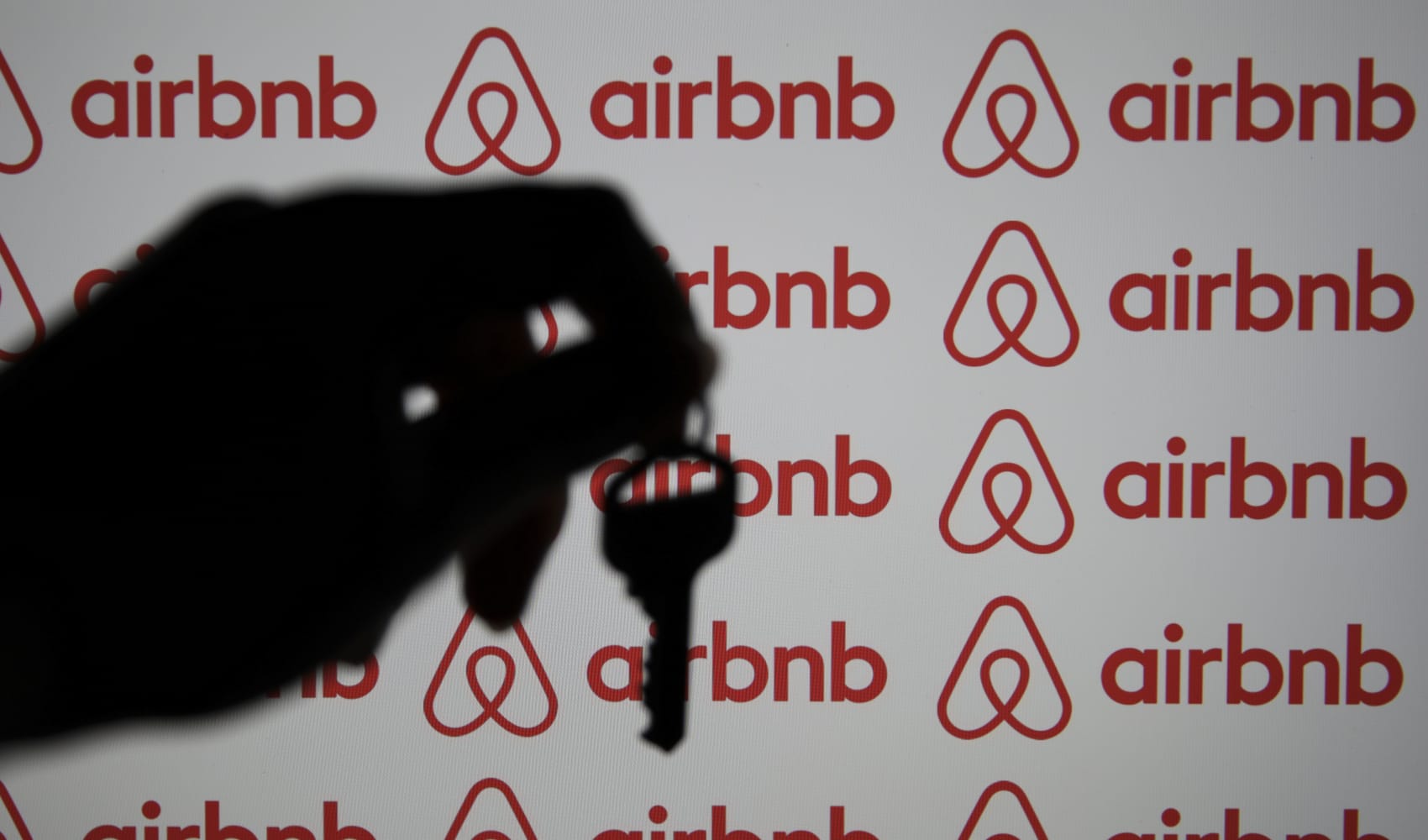
Stop caring about what other people think of you, says tennis star Coco Gauff.
On Saturday, the 19-year-old won the U.S. Open, becoming the youngest American to win a Grand Slam event since Serena Williams won the same event at age 17, in 1999. It was Gauff's second time in a Grand Slam final, after losing last year's French Open championship to Poland's Iga Świątek.
One of the biggest differences between then and now, Gauff told reporters on Friday after her semifinal victory: She started ignoring other people's opinions about her, including on social media, tuning out her supporters and critics alike.
"This time around, I've been focusing more on myself and my expectations of myself and not going on social media or listening to people who believe that I can [win] or believe that I can't," Gauff said.
Get Southern California news, weather forecasts and entertainment stories to your inbox. Sign up for NBC LA newsletters.
Gauff recalled feeling surprised and "relieved" to make it to last year's French Open final. "So many people expected a lot of things from me, and I think I just didn't really believe I had it in me, especially at the time — playing Iga, who was on a win streak," she said.
After that experience, Gauff refocused on her own self-belief ahead of the U.S. Open, she said. Unplugging allowed her to have the "maturity and ability" to hear other people's criticisms without internalizing them, she added.
"I feel a little bit in shock at this moment," Gauff said in an on-court interview after her win. "That French Open loss was a heartbreak for me, but I realized, you know, God puts you through tribulations and trials. And that makes this moment even more sweeter than I could imagine."
Money Report
Taking a social media break can be hard, especially for Gen Zers: 54% of them spend at least four hours per day on social media, and 38% spend even more time than that, a 2022 Morning Consult survey found. For U.S. adults at large, 31% are online "almost constantly," according to a 2021 Pew Research Center survey.
Social media dependencies can result in mental health-related challenges like anxiety, depression, low self-esteem and increased isolation and loneliness. These three strategies can help you wean yourself off your phone, clinical psychologist Raquel Martin told CNBC Make It in April:
- Set "realistic" and "specific" time limits for social media
- Occupy yourself with other activities during your usual scrolling time
- Give yourself grace to fail, as major behavioral changes can take time
"You get the chance to actually engage with the world a little bit better [when you limit social media use]," said Martin. "You get the chance to spend your energy in other places."
DON'T MISS: Want to be smarter and more successful with your money, work & life? Sign up for our new newsletter!
Get CNBC's free Warren Buffett Guide to Investing, which distills the billionaire's No. 1 best piece of advice for regular investors, do's and don'ts, and three key investing principles into a clear and simple guidebook.






